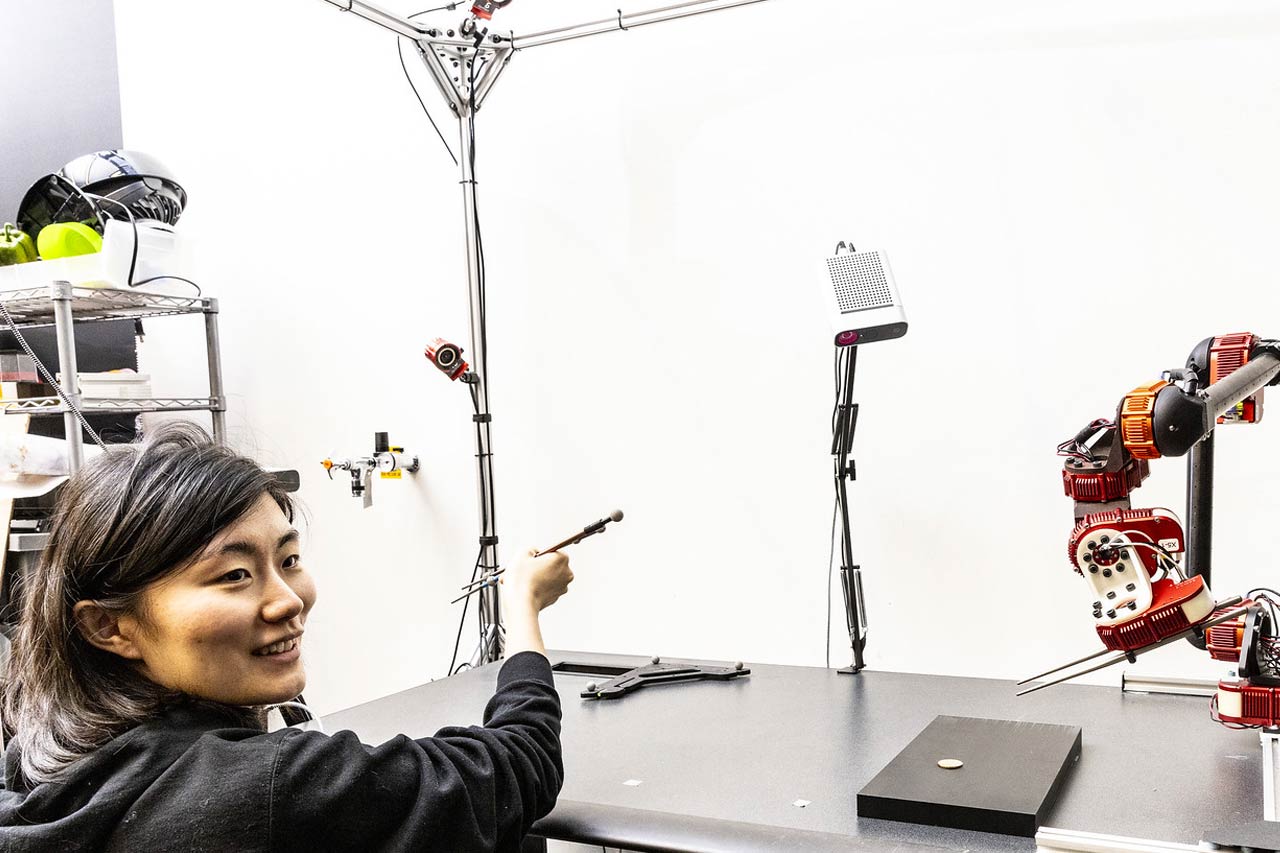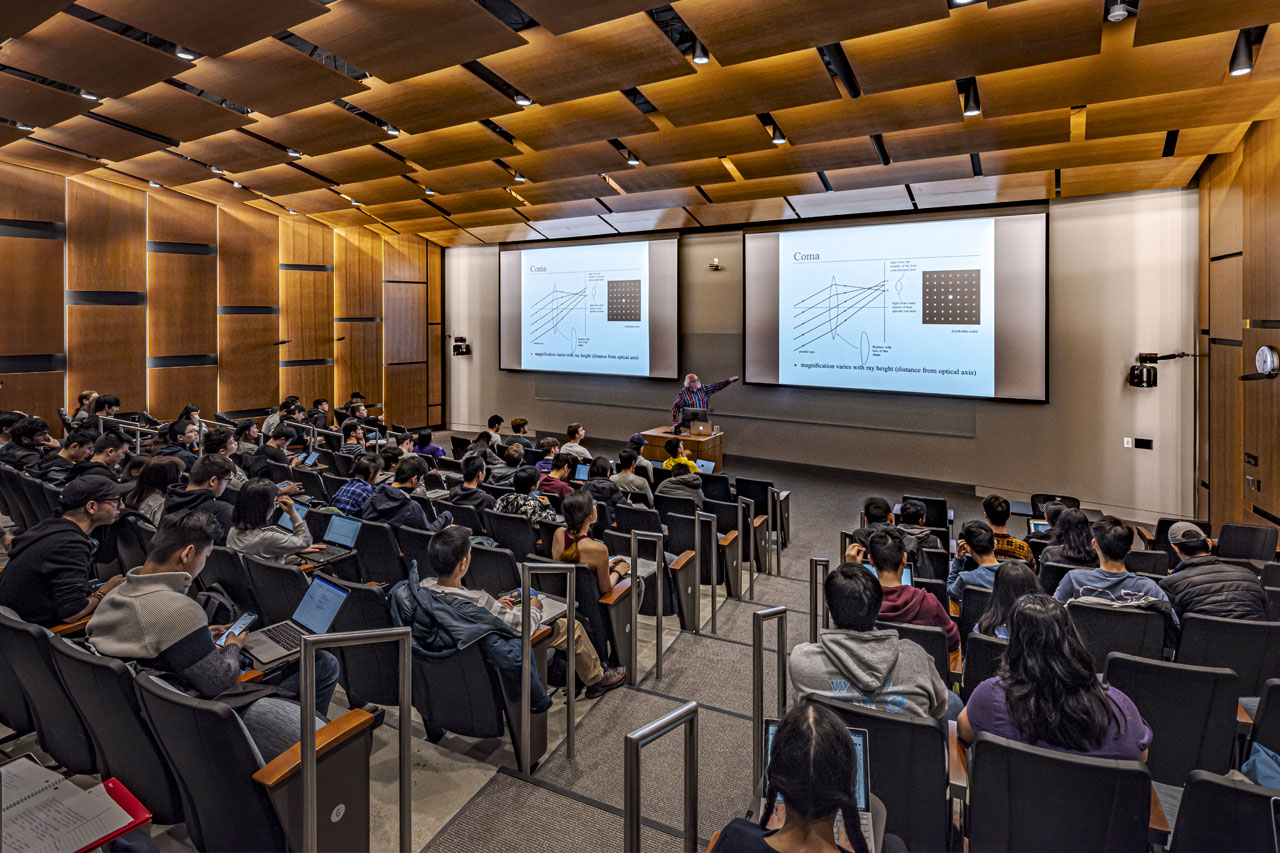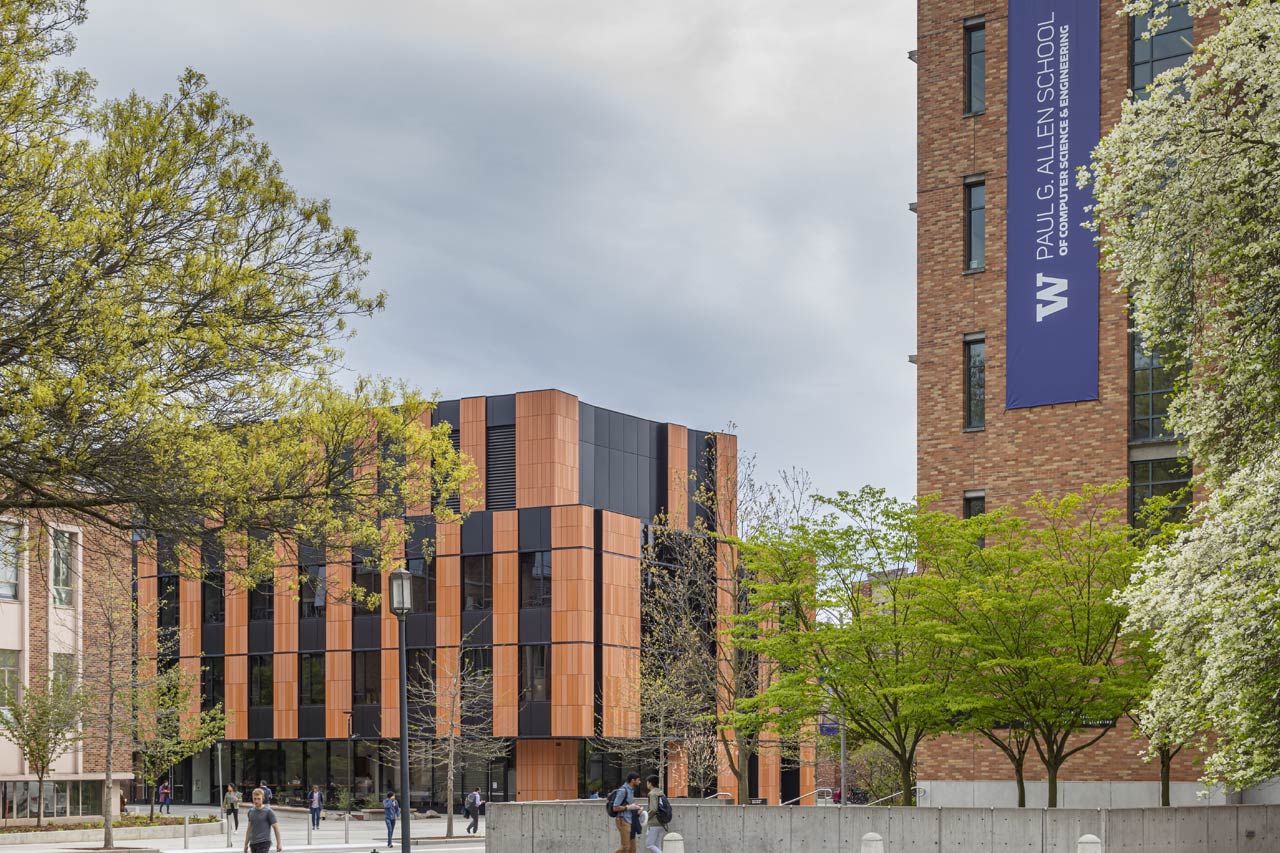Expanding our impact through research excellence
Our leadership in research extends from the foundations of computing to emerging applications that are shaping the future of not just our field but also our society.
Supporting student success with leading-edge curriculum
Our students develop the knowledge, skills and connections to be the innovators and leaders of tomorrow, guided by faculty who are at the forefront of their field.
Apply to the Allen School and get ready to change the world
Whether you’re a high school student looking to launch your academic career or an aspiring researcher ready to pursue an advanced degree, we can guide you toward your goal.















